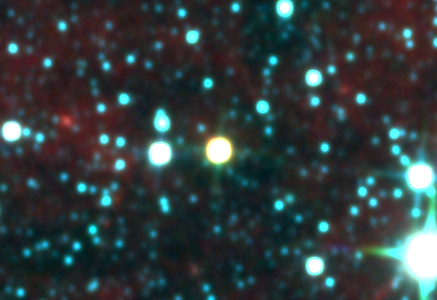AI Consciousness
The French philosopher Rene Descartes originated the famous Latin phrase “Cognito, ergo sum” which translated into English means “I think, therefore I am”, in reference to the existence of thought by a thinking entity. Is Consciousness merely a state of being aware of the existence of oneself and the external world? The philosopher David Chalmers coined the phrase ‘The hard problem of consciousness’.
Materialism asserts that matter is the fundamental substance of nature, and so consciousness is an emergent phenomena of those material interactions and does exist independent of the material form. Consciousness emerges as the complexity of the computations performed by the cerebral neurons. However, idealism asserts that the reality that we know is fundamentally a mental construction or immaterial.
One of the most interesting ideas being proposed currently is the Orchestrated Objective Reduction (Orch OR) theory of Roger Penrose and Stuart Hameroff who combine ideas from quantum information theory and neuroscience to suggest that consciousness may be non-computable quantum processing performed by qubits on a cellular microtubule sub-neuron level.
They argue that conventional processing capacity of the human brain asserts that there are around a billion neurons, each with 5,000 connections processing at 100 Hz which gives a potential of 10 to the power of 16 processing operations per second per brain. Instead, the Orch OR theory proposes there are an additional 10 billion processing operations within a neuron itself (inside the microtubule) giving rise to a more complex potential of 10 to the power of 26 processing operations per second per brain. They argue that whilst future super computers may achieve a computation capacity approaching the human brain, they will not have understanding.
There is a lot of hype in the media currently about Artificial Intelligence (AI) and with the potential that it is already approaching human levels of computation. Whilst this may give rise to exciting possibilities in terms of solving some of our significant (largely self-generated) problems, it also presents several terrifying possibilities that may emerge. These have been played out in movies like Terminator and The Matrix.
It is certainly true that the current AI algorithms do appear impressive, and although they have some way to go before they might pass a ‘Turin Test', they do show significant potential when one extrapolates to where they will be in only a few years time. That said, if Hameroff and Penrose are correct, they will be nowhere near human levels of consciousness and we should be hopeful then that this will at least give us an edge as we continue to navigate this complex territory going forward.
References:
R. Descartes, Discourse on the Method of Rightly Conducting One’s Reason and of seeking Truth in the Sciences, 1637.
D Chalmers, Facing up to the Problem of Consciousness, Journal of Consciousness Studies, 2(3), pp.200-219, 1995.
S Hameroff, R Penrose, Reply to Seven Commentaries on ‘Consciousness in the Universe: Review of the ‘Orch OR’ Theory, Physics of Life Reviews, 11, 94-100, 2014.
R Penrose, The Emperor’s New Mind, Concerning Computers, Minds, and the Laws of Physics, Oxford Landmark Science, 2016.
R Penrose, S Hameroff et al., Consciousness and the Universe: Quantum Physics, Evolution, Brain & Mind, Science Publishers, 2017.
D C Dennett, Consciousness Explained, Penquin Science, 1993.





